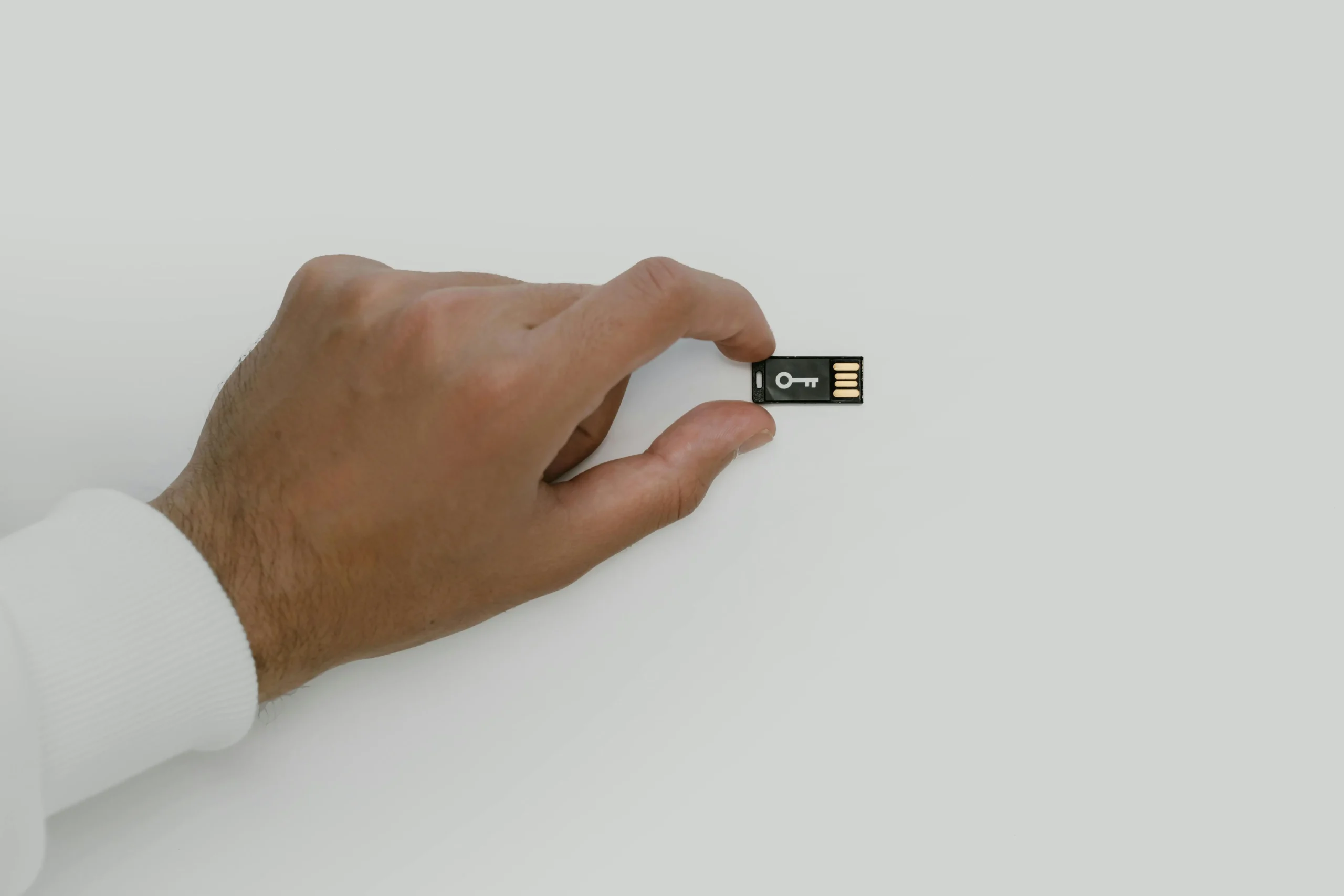MCP is not just another integration layer for data movement; it fundamentally shifts how enterprises control AI functionalities. Rather than transferring data like APIs, MCP governs how intelligence operates within systems, offering a structured interface for AI models to communicate intentions while safeguarding credentials.
By utilizing JSON-RPC 2.0, MCP allows models to execute tasks while logging every transaction, enhancing transparency and permission-based governance in AI operations. This architectural distinction between transport (APIs) and control (MCP) is vital for building trustworthy AI systems. The integration of MCP with APIs is essential; together, they enable AI systems to not only make recommendations but also execute actions within defined limits, addressing both operational effectiveness and accountability.
Ultimately, as AI technologies evolve, the focus must shift from their capabilities to their ethical constraints. MCP introduces a framework that balances reasoning and execution, guiding the responsible development of autonomous systems. The future landscape of AI will depend on the coexistence of MCP and APIs, fostering an environment where intelligent decision-making is not only possible but also accountable.
👉 Pročitaj original: CIO Magazine






